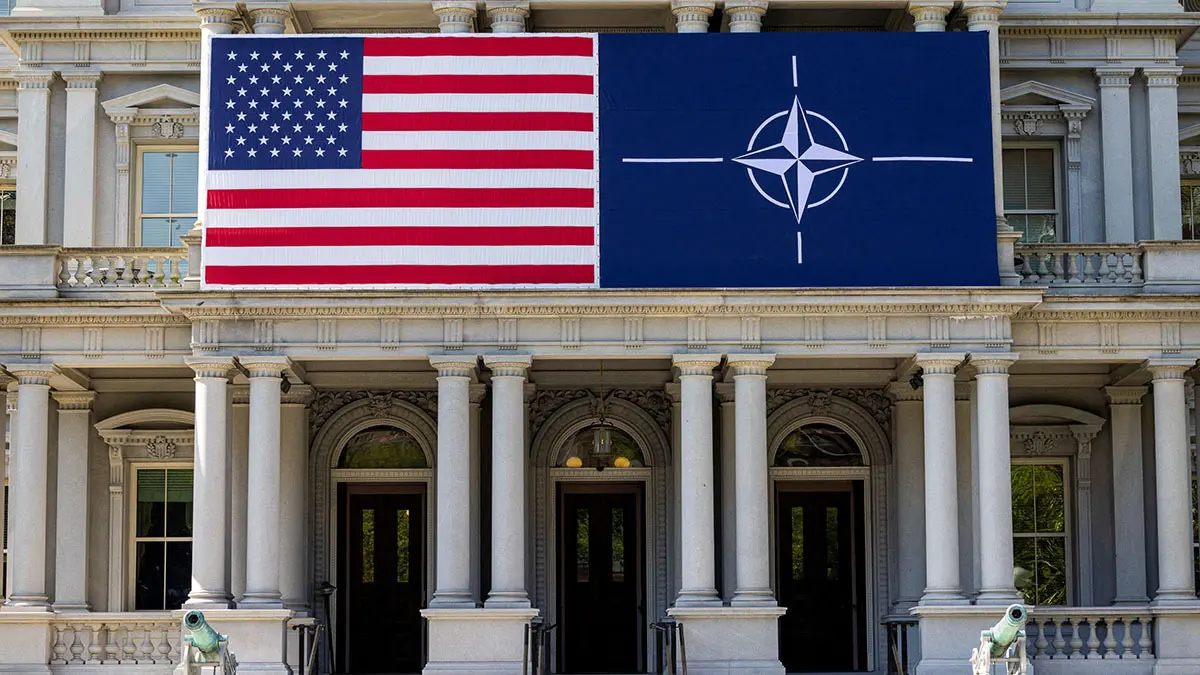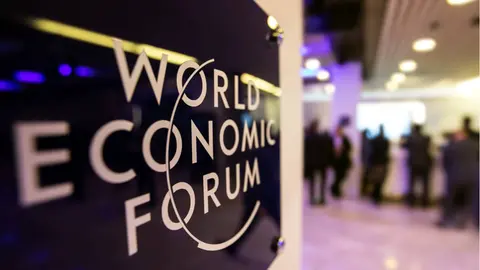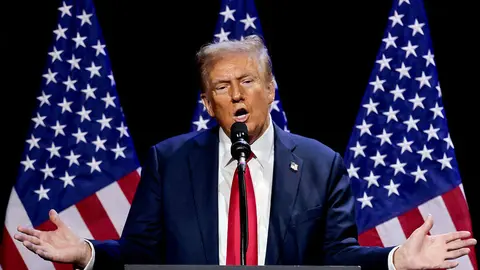What if Trump wants to liquidate NATO?

Even before taking possession of the White House, President Donald Trump has not ceased to insist on his security demands that he considers essential: the contribution of NATO member countries of 5% of their GDP for the maintenance of NATO's capabilities and sustainability, while at the same time redoubling his threats (the term is appropriate) to take control of Greenland and the Panama Canal.
All of this seems to be interconnected, so that from the conclusions of the joint analysis it could be deduced that the alleged new isolationist doctrine of the US Administration would lead it to form its own security space in the whole of North America, including Canada and Mexico plus Greenland.
Such a strategy would consequently make NATO unnecessary, while its main beneficiaries have always been, and would continue to be in the future, the European countries.
For a president with his well-known business mentality, continuing to contribute 80% of the total budget to a political-military organisation that does not bring him added value is considered a waste, especially if it turns out that NATO's main beneficiaries, the Europeans, have a very internalised and often visceral anti-Americanism, which has been one of the main hallmarks of the left, and more especially of the neo-communist.
Formulated, then, with his characteristic dialectical brutality, Trump's demand that Europeans dig deep and find 5% of their GDP can be interpreted as a fairly unequivocal indication that he would be prepared to liquidate NATO if this requirement is not met.
And it is certainly a rather difficult, if not impossible, demand to fulfil. With Europeans accustomed to a generous welfare state that is unique in the world, generating growing rights and demands, the inevitable cutting of social budget items - you know, pensions, health, education and infrastructure, fundamentally - in order to allocate that money to increasing military personnel and capabilities would provoke violent revolts throughout the European Union, with the obvious risk of it breaking up.
Those who consider this hypothesis to be improbable or simply exaggerated, perhaps do not take into account that Trump has a Doberman in reserve, none other than the President of Russia, Vladimir Putin. A Europe deprived of NATO's defensive umbrella, that is to say, of the United States' contribution to it, would leave the field open for the invader of Ukraine to do what he wants with Europe, starting with the territories broken away from his empire following the implosion of the Soviet Union in 1991.
The trade war, which is about to break out, is yet another ingredient that would demonstrate that we have entered the new world (dis)order, a scenario in which each hyperpower - mainly the US and China - seeks to impose its hegemony, and in which the others have to fend for themselves. As we have already seen in the plan presented by the President of the European Commission, Ursula von der Leyen, there is a will in the EU to shake off its drowsiness. Let's face it, but then the process of change will have to be accelerated, forcibly lightening the heavy bureaucracy that weighs down the community conglomerate, all the more hastily as the conflagration between the major players is on its way to reaching the fatal point of ignition.
For the next NATO summit, to be held in June in The Hague, it is very possible that Trump has already cemented his plans, perhaps including those to liquidate the organisation, and then leave the Europeans out in the cold.
It would be advisable for them not to show up empty-handed, to see them coming and let them pass, not only to demonstrate that the EU really wants to play a role in the new world order, but also to avoid being used as fodder by those who would gladly carve up the shreds of our sovereignty.
It is essential to study and prepare new strategies, which certainly should not be carried out by leaders and parties incapable of conceiving new and exciting projects for an ageing European society, almost totally resigned as a whole to living in the past and to its clouded future being impossible to change.



